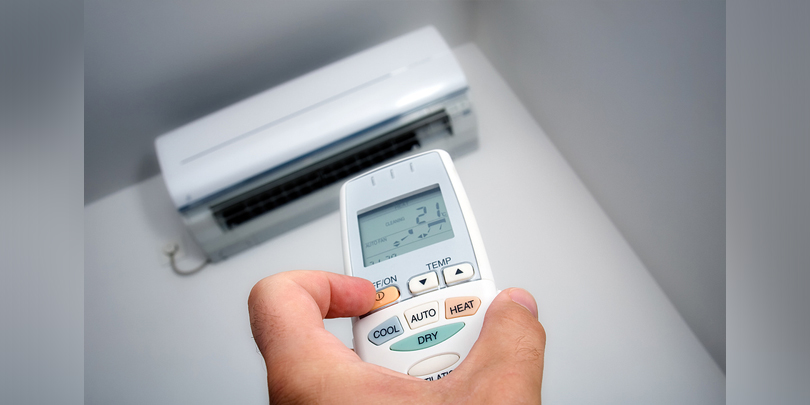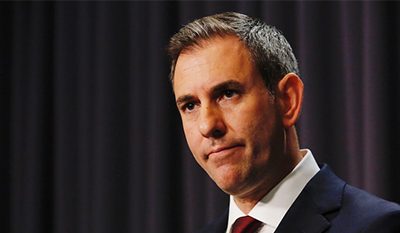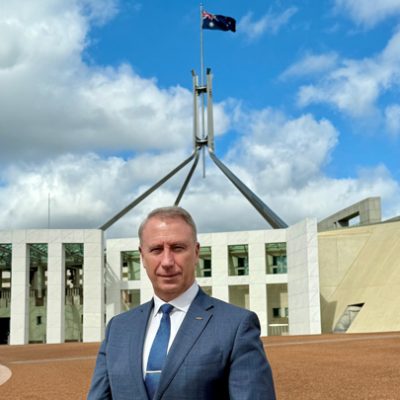
Fresh questions have been raised about the push towards complex power prices after a report found few consumers were benefiting and poorer households were being hit disproportionately hard. Source: ABC News.
Energy Consumers Australia (ECA), which represents residential and small business power users, said dynamic power prices such as time-of-use and demand tariffs were largely failing to help consumers or the broader grid.
It comes on the heels of a report from the New South Wales economic watchdog that found some types of surge pricing were, on average, costing households up to $300 a year more than flat-rate charges.
Dynamic tariffs are a type of surge pricing and are supposed to discourage consumers from using energy at peak times, when it is typically more expensive to produce.
Among them are time-of-use tariffs, which charge people more for power at peak times and less at others.
They also include so-called demand charges, which slug households based on the intensity of their demand for power during busy periods.
These charges differ from conventional flat-rate tariffs, under which consumers pay the same amount for electricity no matter when they buy it from the grid.
ECA said a survey of consumers found most households did not – or could not – respond to surge prices by cutting back on heating or cooling, which make up the majority of energy use.
Instead, the group said people were shifting to the use of less energy-intensive appliances such as dishwashers and washing machines.
“On average, these two appliances would likely account for no more than 10 per cent of home energy use,” ECA wrote in its report.
Worse still, ECA said, the households more likely to reduce heating or cooling to avoid higher prices tended to be poorer.
It said this was a “worrying” finding given the importance of heating and cooling to health and the typically patchier insulation in low-income homes.
Unlike wealthier households, poorer ones would also have a harder time affording the kinds of clean and automated technologies — such as solar panels and batteries — that could shield them from higher power costs.
The report adds to growing official concerns about the tariffs after the competition watchdog and the NSW economic regulator in recent weeks made findings critical of changes to electricity pricing.
FULL STORY
Consumer group ECA says surge power pricing largely ineffective and inequitable (By Daniel Mercer, ABC News)






